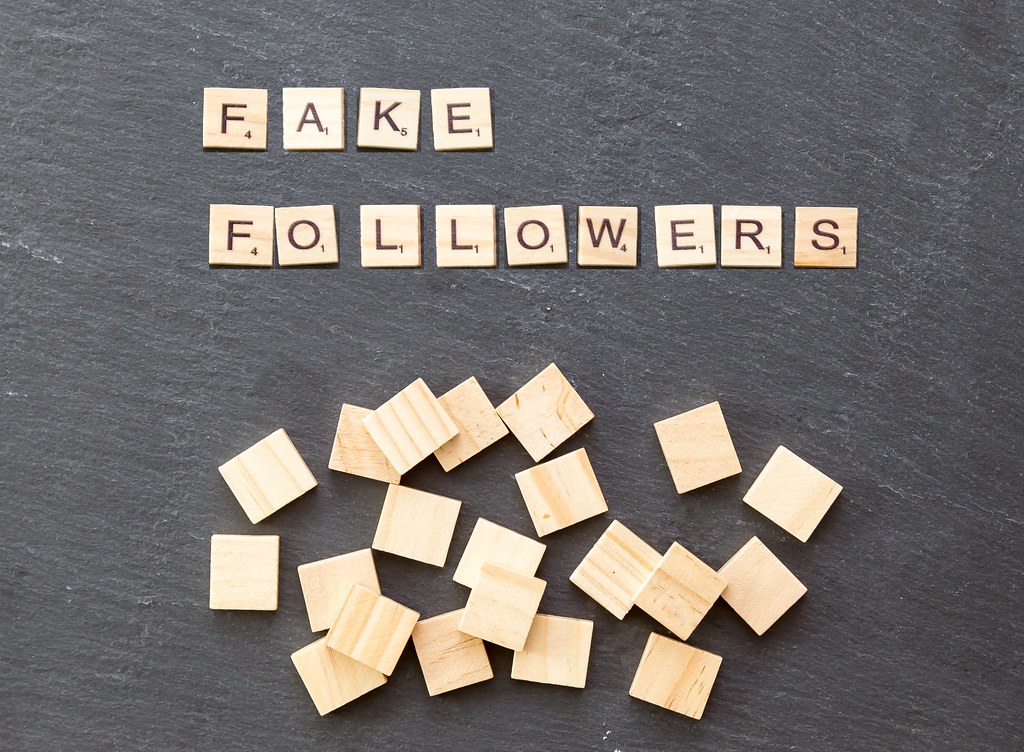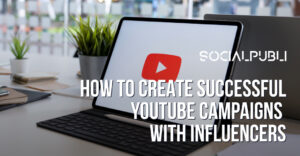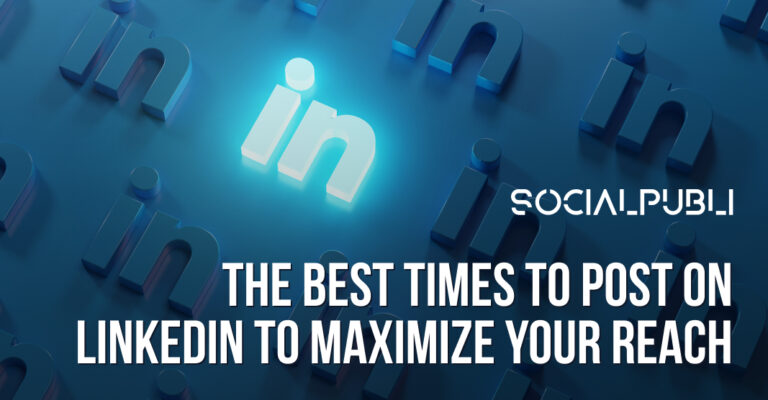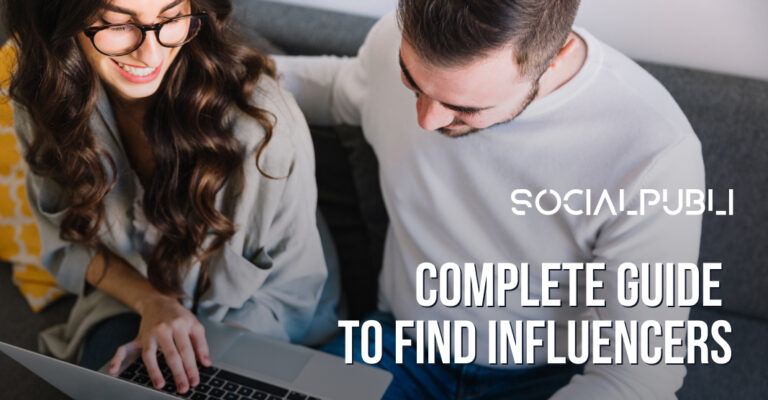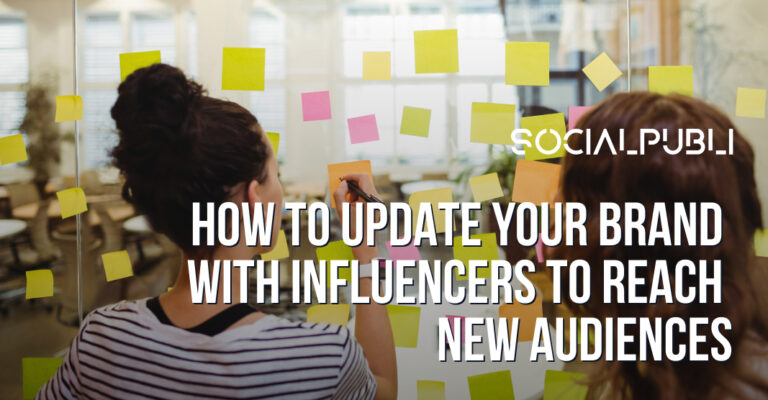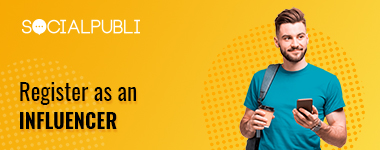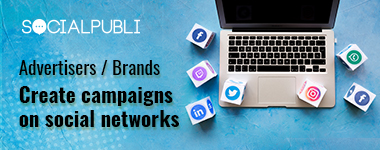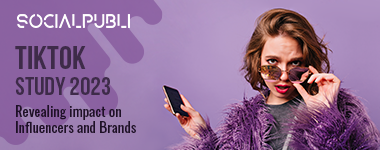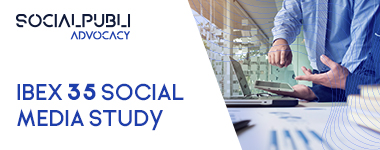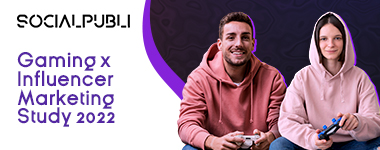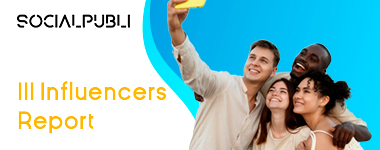Fake followers are profiles on social media that are only created to follow other profiles for boosting their number of followers. The fake profiles don’t belong to a real person, but they make it seem that this profile has a lot of influence.
The users applying these kinds of immoral actions think that more is always better. However, brands have found out about these activities and discovered that profiles with a lot of followers don’t necessarily have a high engagement rate, that is, interactions such as likes, shares, comments, etc.
As mentioned before, fake profiles are created for the sole purpose of following other profiles and thus increasing their number of followers. Also, they don’t maintain these profiles afterward. Therefore, having fake followers is useless, since the interaction will be low and your posts won’t reach all of your followers.
Buying followers
People buy followers on every channel, but lately, mostly on Instagram, where advertising is gaining importance and where brands pay profiles that have many followers.
Some companies, provide you with followers and even interactions through fake profiles. They sell different plans, in which you can choose between buying likes, followers, comments, or a combination of them all.
Do you think that this type of websites or companies should be regulated or banned? We believe that such activities shouldn’t be allowed because, in the end, those-followers and interactions are not real, and you shouldn’t mislead other people or companies.
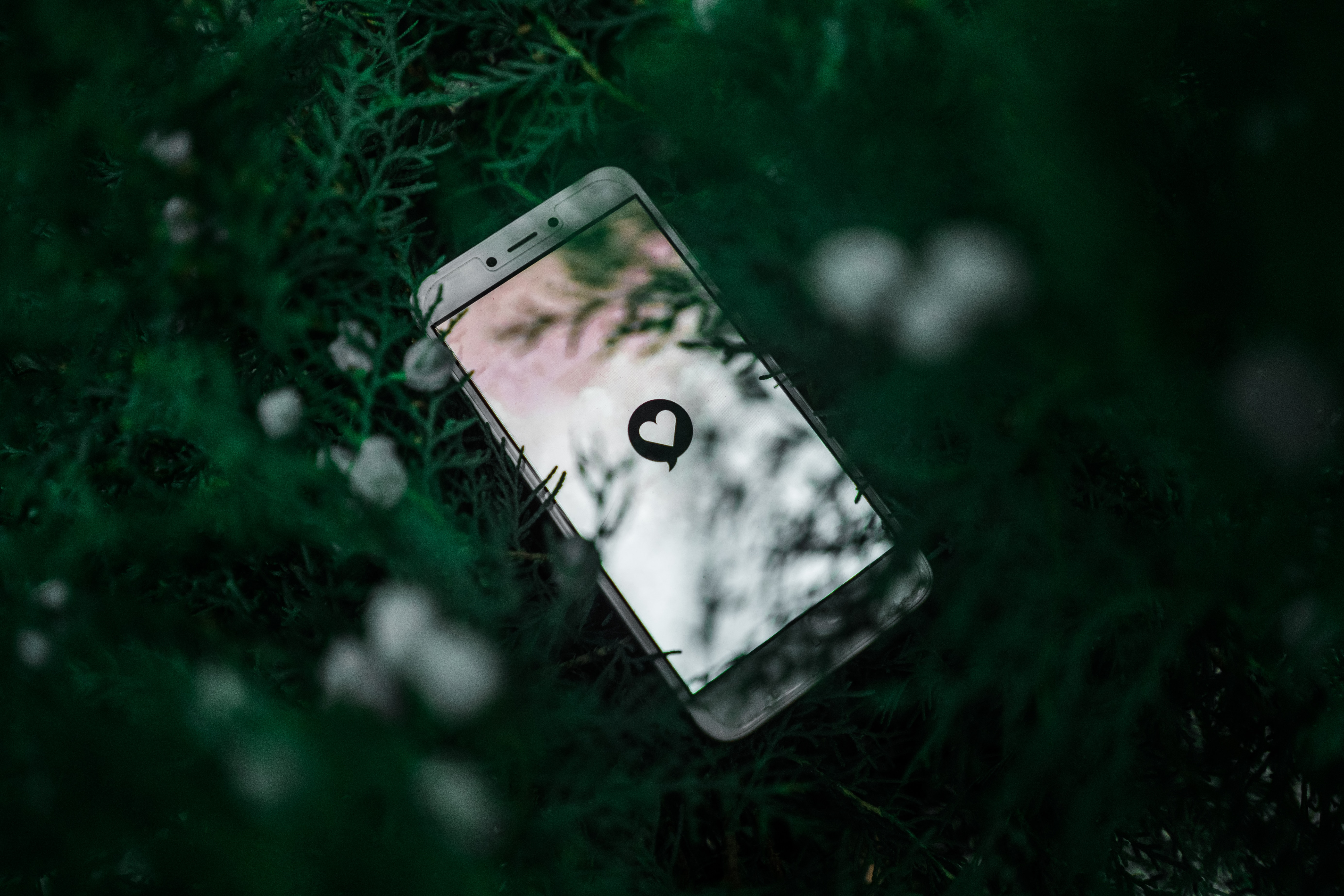
That’s why brands have realized that the most important thing isn’t the number of followers. If a company advertises through influencers with fake followers, it can result in losses because there isn’t as much visibility or conversion as they expected, because the majority of their followers are fake.
Instagram is already familiar with this problem. That’s why the social network is implementing rules and is already controlling such profiles through their algorithm.
How to detect fake followers?
Every day, it becomes more difficult to detect fake followers, but some criteria can help you identify them:
- Sudden increase in followers: If you notice a peak in the growth of followers, the possibility of follower purchase exists, unless if a certain event occurred in which the user could have gained a lot of followers.
- Interaction and participation with other users: People with a large number of followers usually follow a lot of their friends, with whom they interact through comments and likes. In general, if a person doesn’t interact with other users and has a huge list of followers, it may be an indication that those followers are fake.
- Quality of profile content: Sometimes, the content is not very useful or relevant, but still the profile has a lot of followers. This can raise suspicion because usually, a person who has many followers takes care of how, how much, and what he or she posts., and of whom people love viewing content.
- The proportion of followers and following: Fake profiles usually follow a large number of people, but have none or few followers.
- Scarce content: Fake profiles, in general, don’t have photos, have few publications and poor information in their bios. Still, they have many followers.
In SocialPubli, we take these criteria into account to be able to detect fake followers among the influencers that register on our platform, so that there is no irregularity within the accounts participating in our campaigns.
Due to this “black market” of fake followers, there are tools and programs to detect fake bots for different social networks. Some examples are:
- HypeAuditor analyzes Instagram and Youtube profiles according to standards created by the tool to detect fake followers.
- SocialBlade analyzes profiles on Youtube, Twitch, Instagram, and Twitter through its criteria.
- IGAudit is a similar tool to the previous ones, but is only to analyze Instagram profiles.
What about you? Do you think such practices are ethical? Do you think such activities should be regulated in a world where the demand for influencers is increasingly growing among brands?
